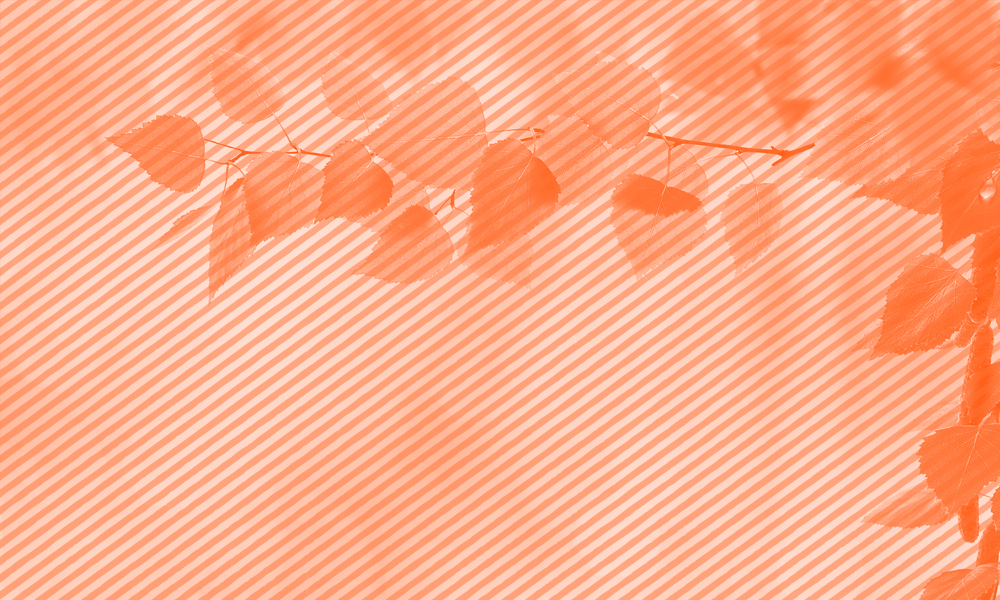Katie McMorris is a writer and dancer. She lives and teaches in Oklahoma.
Click here to read Katie’s poem “Diptych: A Mr. 7 Hands Screwdriver and an Octopus Open Up about Their Relationship” from our summer 2021 issue!
What’s the best bit of craft advice you’ve been given? Are there any craft books you’d recommend?
The poet Kaveh Akbar encouraged me to always look for the “bay leaf” in my poems. That means that sometimes you’ll put something in a poem, whether that’s an image, a stanza, a line, that needs to be in the first draft, but ultimately you pull it during revision (like when you add a bay leaf to a recipe). Sometimes I like to put random famous people in my first drafts just to see what they would do, and they almost never make the cut, but it forces me to think outside the box and allow my imagination to take control.
Okay, now what’s the worst?
I had a professor a long time ago say that if you don’t write every day, you’re not a “real writer.” I don’t think there is a set way to “be a writer,” and everyone has a different way of approaching their work.
One last advice-focused question: do you have any advice for writers who are just starting out?
Get weird! Then get weirder after you get weird the first time! Don’t be afraid to try out new things on the page.
In your writing, where does truth comingle with imagination?
My default method is to always write from the imagination before I write about truth, but I am working on trying to blend those things more. For me, you can honor something’s emotional truth and still put it in a surreal or imaginative space. I also think it depends on how each writer defines truth.
Do you write from experience? From familial memory? From daydreams or fantasies?
I’d say I write from all of the above? For the longest time I refused to write about myself, but I’m working on inserting myself into my work more. Like I said above, my default is to always write from a place of surrealism and imagination, but I am working on expanding my repertoire and writing from personal experience. It’s scary!
Where do you seek inspiration?
My immediate reaction was to say the Nat Geo Encyclopedia of Space. But in reality, I’m always looking for inspiration, whether that’s an image I see on the news, a word I’ve never used in my vocabulary before, etc. Even the littlest thing can spark a poem. And sometimes I just shout into my apartment “OKAY UNIVERSE WHAT SHOULD I WRITE ABOUT?” and hope that the universe answers back.
When things have you feeling low, what’s one way you seek joy or build hope?
Is ice cream an acceptable answer? [yes!]
Who is one writer you wish more people would read?
Oh this is a great question! I love the poet Jenny Boully (@JennyBoully), and I feel like I’m always recommending her work to people, particularly her book not merely because of the unknown that was stalking toward them, which is a reimagining of Peter Pan.
Picture this: you’ve just finished a long writing session and are between the world of the page and the reality around you. What’s one action you take to root yourself back in your non-writer identity? Maybe it’s making a cup of coffee or tea, perhaps it’s a walk with a loved one or pet, or even some time reading another writer’s work.
It’s funny you say “non-writer identity,” because I feel like my identity as a writer is so deeply ingrained into my identity as a whole. However, I suppose when I’m in that space where I’m leaving the writing world and entering the real world and need something to hold onto, I’ll call my best friend, Christa. She’s my biggest cheerleader.
What are you currently reading? Books, magazines, the back of the cereal box, CVS receipts . . . it all counts!
I just finished the book & More Black by T’ai Freedom Ford! I highly recommend it!
Tell us some good news!
I just started my PhD in Creative Writing at Oklahoma State University, and I am reading for Cimarron Review, the literary journal associated with the program!
